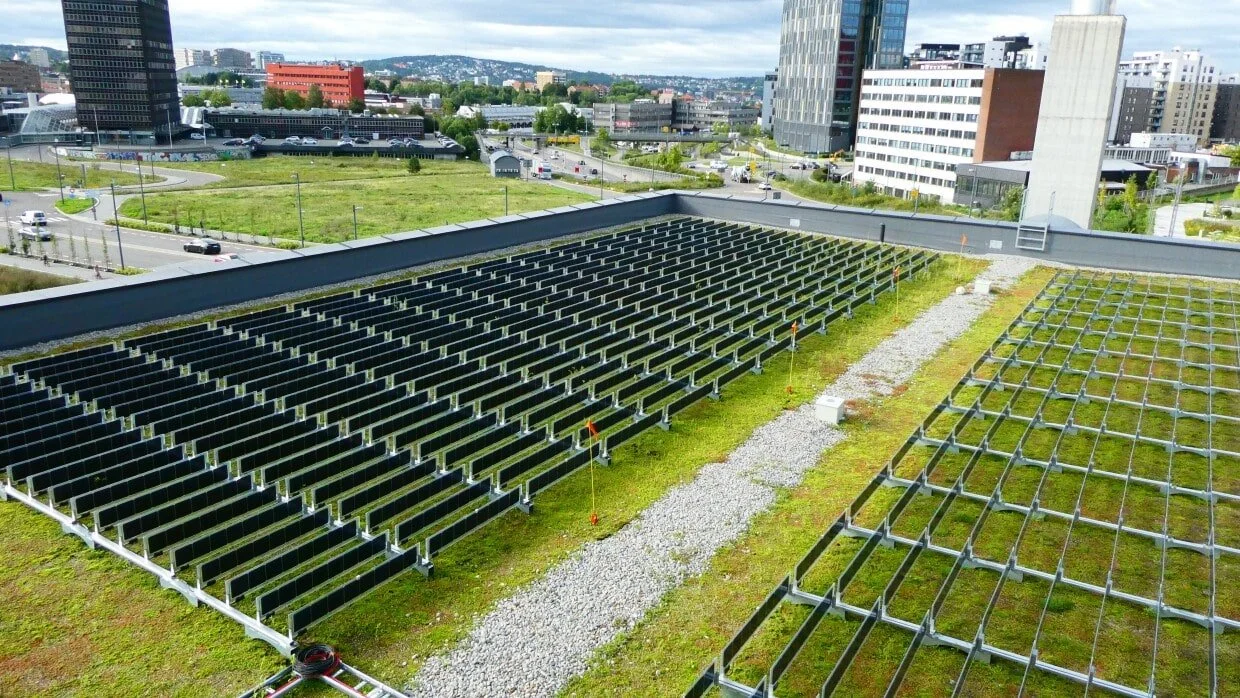Amazon’s ClimateTech Accelerator: Scaling Breakthroughs in Energy, Water, and Waste
Amazon’s ClimateTech Accelerator
By Stephen Breen, Lead Architect at ZeroMission
When we talk about climate action, the conversation often focuses on long-term policy or distant 2050 targets. But right now, in 2025, the real breakthroughs are coming from bold founders tackling very specific challenges, how to store heat more efficiently, how to stop billions of litres of water leaking away, how to transform food waste into clean energy.
Amazon’s latest ClimateTech cohort of its Sustainability Accelerator is a perfect example of this shift from big ambition to applied innovation.
From over 550 applicants worldwide, 11 start-ups and scale-ups have been invited to join the four-week programme. Their focus? Solving three of the most pressing global challenges: energy efficiency, waste reduction, and water management.
And they’re not just pitching ideas, they’re building solutions that can scale across industries.
Why this matters
At ZeroMission, we always look at innovation through the lens of operational intelligence: how will this technology help fleets, facilities, and businesses run smarter, cleaner, and more resilient?
This year’s ClimateTech cohort is full of examples:
Mhor Energy (UK): flow batteries with 20+ year lifespans, enabling 24/7 renewables.
Cartesian (Norway): thermal batteries that store energy off-peak and release it when demand spikes, critical for grid balancing.
Over Easy Solar (Norway) and Active Surfaces (US): lightweight and flexible solar systems that open new rooftops and facades to renewable generation.
Blue Frontier (US): air conditioning with up to 90% less energy demand, plus built-in storage, a potential gamechanger for commercial buildings.
Shayp (Belgium) and Solaq (Netherlands): tackling water leaks and scarcity with AI and atmospheric moisture capture.
Omniflow (Portugal): smart streetlights powered by wind and solar, with embedded EV charging and smart city applications.
NANDO (Italy) and Greyparrot (UK): AI-powered waste monitoring that makes circularity a reality.
Vuala (UK): turning food waste into hydrogen and biogas through an “artificial stomach.”
Each of these solutions isn’t just innovative, it’s practical, with direct applications in cities, logistics, and infrastructure.
Amazon’s role
Amazon has shown it’s willing to move beyond words. Last year, the company invested €750,000 in five ongoing pilots from its Accelerator cohorts. With its vast European operations, Amazon provides the perfect proving ground to demonstrate scalability in real-world conditions.
As Olivier Pellegrini, Amazon’s European Director of Sustainability & Packaging Operations, put it:
“These founders are developing technologies that have real potential for implementation within our operations and could be truly transformative at scale.”
That’s the key point: scalability. Climate tech only matters if it can cross the gap from lab to logistics hub, from prototype to port, from concept to commercial fleets.
The bigger picture
For us at ZeroMission, there’s a clear takeaway. Innovation is no longer just about cleaner vehicles or smarter energy use, it’s about the ecosystem of technologies that make operations more resilient, efficient, and sustainable.
What Amazon is doing through this Accelerator mirrors what we champion every day: connecting data, people, and technology to deliver real operational impact. Whether it’s fleets optimising charging, depots sharing idle infrastructure, or logistics centres harnessing thermal batteries, the next decade will be defined by applied climate innovation.
And the good news? It’s already here.
Read more:
Amazon official announcement - https://www.aboutamazon.eu/news/sustainability/amazon-backs-next-wave-of-climate-innovation-11-comp…
DataCenter Dynamics coverage - https://www.datacenterdynamics.com/en/news/amazon-selects-climate-tech-cohort-for-2025-sustainabili…


